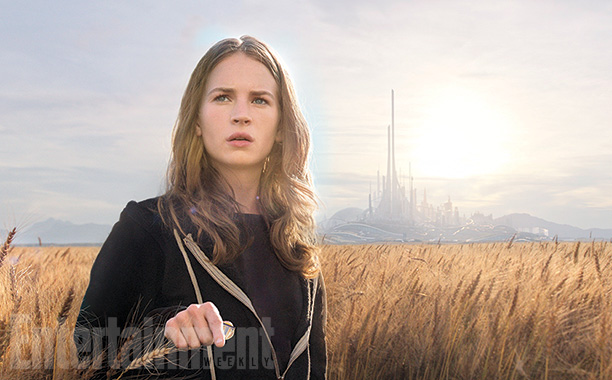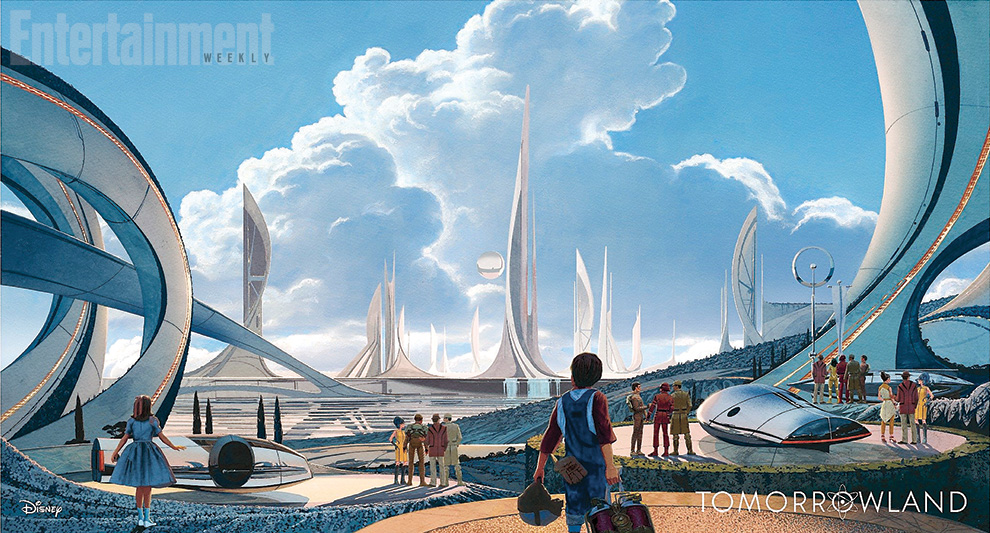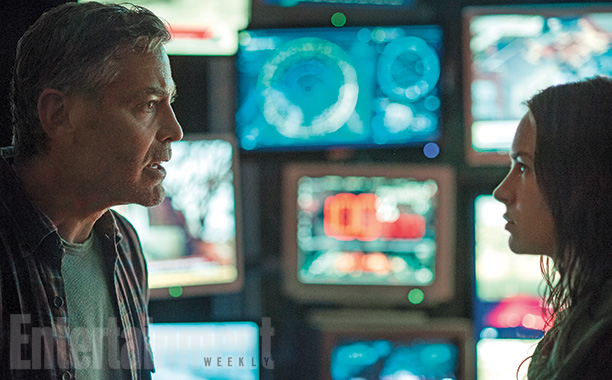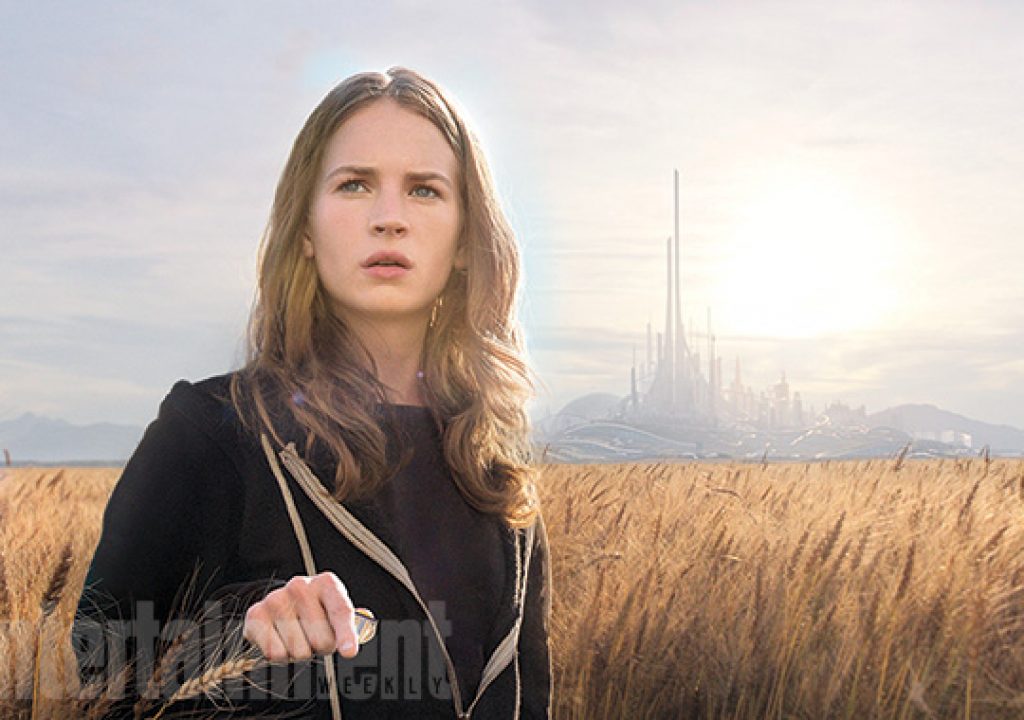DaVinci Resolve used by Company 3’s Stephen Nakamura to grade both the regular and Dolby Vision passes for Disney’s “Tomorrowland.”

Directed by two-time Oscar® winner Brad Bird (“Ratatouille,” “The Incredibles”) and shot by Oscar-winning DP Claudio Miranda (“Life of Pi”), “Tomorrowland” follows Frank Walker (George Clooney), a former boy genius inventor, and Casey Newton (Britt Robertson), a bright teen bursting with scientific curiosity, as they embark on a danger filled mission to unearth the secrets of an enigmatic place somewhere in time and space that exists in their collective memory as Tomorrowland.

“‘Tomorrowland’ is somewhat brighter and more saturated than real life, but it’s not an extreme look, as there are no crushed blacks or clipped highlights,” said Nakamura. “I built a lot of Power Windows in Resolve to very subtly help smooth out the effects. The movie is full of wild, elaborate visual effects, and there are always some enhancements that we can do in the grade when we see everything projected and in context with the other shots.”
Nakamura also used DaVinci Resolve’s soft clip and highlight features during the Dolby Vision pass. “When converting the files from the traditional d-cinema P3 format into the PQ format, you can make the brightest part of the frame more than twice as bright, and you can get really deep blacks. Brad and Claudio were interested in taking advantage of this high dynamic range, just in a subtle way,” said Nakamura. “A lot of the Dolby Vision grade was really about re-interpreting the material so it has a wider dynamic range without overpowering anything. For example, a bright part of the frame, like a lamp, wouldn’t completely overpower the actors’ faces as it potentially could.”
He concluded: “Even though the Dolby Vision pass gave me the potential to let highlights go brighter than anything you’d ever see in traditional d-cinema, I used DaVinci Resolve’s soft clip and highlights features a lot to help retain the original feel of the standard 14 foot-lambert version in the Dolby Vision 31.5 foot-lambert version.”

About Company 3
Company 3 is a group of post production facilities for features, commercials and music videos. Known for our creative color artistry, pioneering technology and global reach, Company 3 is trusted to deliver a quality product every time.
Company 3’s incredible talent roster includes John Bonta, Sofie Borup, Sean Coleman, Paul Ensby, Siggy Ferstl, Bob Festa, Billy Gabor, Greg Fisher, Dave Hussey, Beau Leon, Tim Masick, Stephen Nakamura, Tom Poole, Tyler Roth, Rob Sciarratta, Stefan Sonnenfeld and Damien Van Der Cruyssen. www.company3.com. Twitter: @Company3
About Blackmagic Design
Blackmagic Design creates the world’s highest quality video editing products, digital film cameras, color correctors, video converters, video monitoring, routers, live production switchers, disk recorders, waveform monitors and real time film scanners for the feature film, post production and television broadcast industries. Blackmagic Design’s DeckLink capture cards launched a revolution in quality and affordability in post production, while the company’s Emmy™ award winning DaVinci color correction products have dominated the television and film industry since 1984. Blackmagic Design continues ground breaking innovations including 6G-SDI and 12G-SDI products and stereoscopic 3D and Ultra HD workflows. Founded by world leading post production editors and engineers, Blackmagic Design has offices in the USA, UK, Japan, Singapore and Australia. For more information, please go to www.blackmagicdesign.com.


